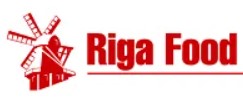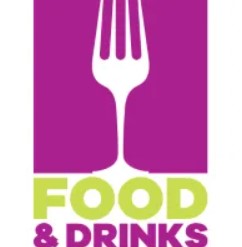Port of Constanta in Romania, which is located at the crossroads of the trade routes linking markets of the landlocked countries of Eastern Europe with the Caucasus, Middle East and Central Asia, became a cargo-transit hub for all kinds of transport including ro-ro, according to a recent report by Informall BG, a cargo analytical bureau in the Black Sea region.
Under normal market conditions, the port of Constanta’s annual container turnover growth rate is at 2-3%. However, Informall data shows that Constanta increased its laden container volume by 10,4% in the first half of 2022 vs the same period in 2021.
The reason behind it is the war in Ukraine, according to Informall, which noted that while Ukrainian container terminals remain blocked, a large share of container traffic destined to Ukraine is moving to Constanta followed by transit-truck or train delivery to a final destination in Ukraine.
It is important to note that 2M Alliance continues dominating over Romanian container marketplace handling almost 40% of total laden traffic in Constanta. The two partners of the largest container alliance in the world, Maersk and MSC, gained 6,75% of additional container volume in H1 2022 vs H1 2021 in Constanta. Similarly to Romania, 2M Alliance controls 47% of Ukrainian container traffic on the Black Sea.
www.container-news.com
 WorldFood Kazakhstan
WorldFood Kazakhstan  Riga Food
Riga Food FOOD & DRINKS Moldova
FOOD & DRINKS Moldova